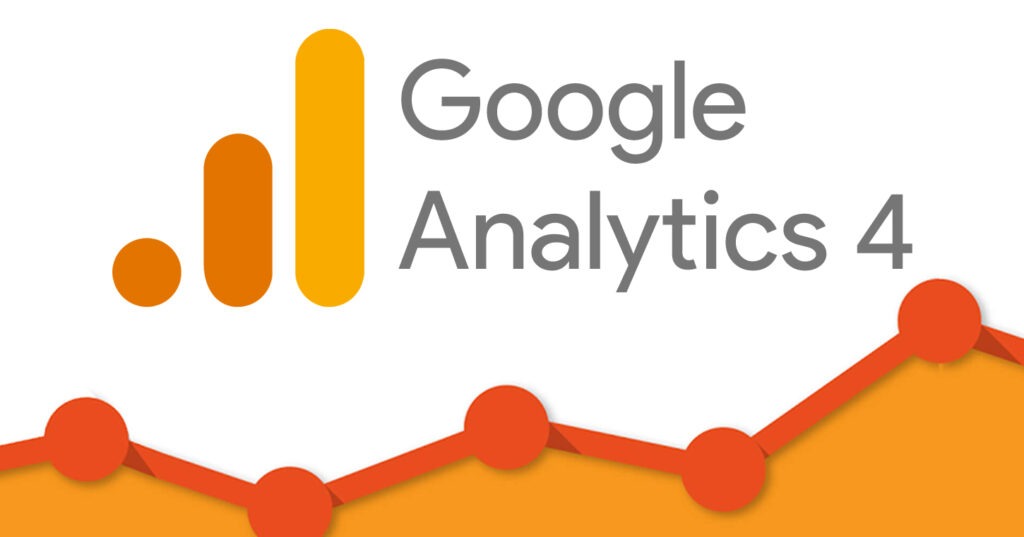Google recently announced the launch of Google Analytics 4 (GA4), the newest version of their analytics platform and the successor of Universal Analytics. GA4 comes with new features such as predictive insights and deeper integration with Google Ads and YouTube. Its enhanced privacy control features also align with the changing regulatory landscape and consumers’ needs for data transparency.
Upgrading to GA4 is recommended to take advantage of these new features, best practices and innovations. However, it is important to note that GA4 uses a different data model than Universal Analytics, which may require you to make changes to your existing tracking system. It is recommended to set up a parallel tracking system while transitioning, to ensure continuity of data collection.
Overall, GA4 is an exciting opportunity for businesses to gain deeper insights into their customer behaviors and take a more data-driven approach to decision making.
Google Analytics 4 (GA4) is the latest version of Google’s analytics platform, and incorporates machine learning and AI-powered features to help businesses better understand and optimize their online activities. Some of the key benefits of upgrading to GA4 include enhanced data privacy and better cross-device tracking capabilities, as well as improved data modeling, which helps businesses gain deeper insights and make more informed decisions. Additionally, GA4 includes a simplified and streamlined user interface, making it easier for businesses to navigate and access important information. To upgrade to GA4, businesses should create a new GA4 property in their Google Analytics account, and ensure that tracking codes are updated on all relevant pages of their website. While there may be a learning curve associated with adapting to the new platform, the benefits of GA4 make the upgrade a worthwhile investment for businesses looking to improve their online performance.




